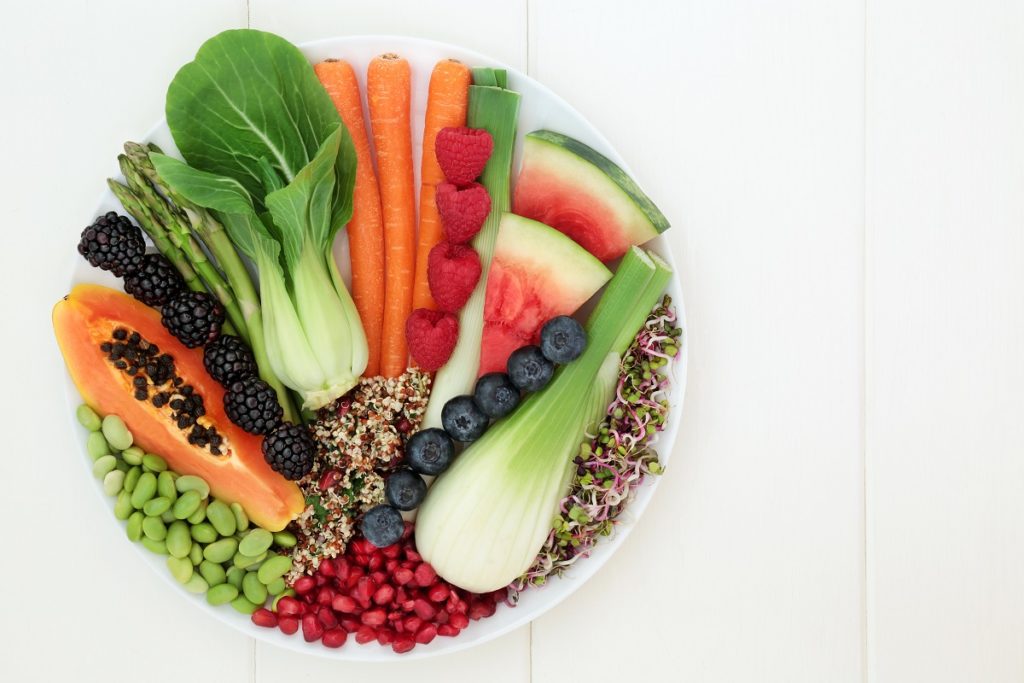If you walk in a grocery store or even the pharmacy, you will be welcomed by an array of diet products, supplements, and vitamins. These products claim that they supposedly can help you lose or gain weight and develop your muscle mass. Are any of these true? How can you distinguish the truth from the fake claims? With the freedom of choice, consumers are allowed to buy any product they want, whether it is effective or not. But freedom of choice doesn’t mean sellers can make false claims about what their products can do. There’s a difference between a consumer wanting to try a product and a seller convincing a consumer with unsubstantiated claims.
Knowledge is your best protection against false claims and nutrition misinformation. Educating yourself about the products before you buy them will keep you safe from the possible harm that these products might cause. It is also the key to not wasting your money on products and services that won’t do you any good. How many times have you bought a tanning solution only for it to make you look more orange than tan?
Arming yourself with knowledge will benefit not only your health but also the quality of your retirement. The healthier you are, the more years you can spend working. You will then be eligible for a defined benefit plan, which will see you getting more once you retire.
In an era of fast and accessible knowledge, it is almost a crime not to get the right information you need before purchasing any product or availing of any service. By now, you should be aware of the power of misinformation and fake news, especially those that dominate spaces such as Facebook, Twitter, and Instagram. So, how can people protect themselves from fake health claims?
Acknowledge Misinformation
Be in the know about how misinformation cripples your decisions. Be aware that misinformation exists and that you could be falling victim to it. Denying that fake news and claims are on your feed will only make you susceptible to believing them. Make sure you’re aware of the dangers of reading articles, blogs, and journals from non-authority sites.
Start Listening to Experts Again
When was the last time you’ve actually read a newspaper, a journal, a book, a magazine? People now often seek the information they want from the internet. They read blogs and follow influencers, but who are these people really? What are their objectives and agenda? What makes them experts in this field? Start following health experts—doctors, licensed fitness instructors, nutritionists, and dietitians. They will tell you that the effectiveness of diet plans varies per person, and there’s no one-size-fits-all formula.
Talk to Your Doctor
Whenever you hear something about a diet program or any nutritional information you aren’t sure about, talk to your doctor about it. Medical practitioners are aware that misinformation spread fast on the internet. They’re willing to discuss with you the merits and claims of these diet programs. Don’t hesitate to ask them about these claims and whoever made them. If you trust your doctors enough to take what medications they said you should take, then you should trust them about these matters, too.
Read the Labels

What kind of chemicals are you choosing to expose yourself to when you take supplements and pills? Individually, are they good for your health? Could they harm whatever other medications you might be taking? Read the labels carefully, no matter how stress-inducing and confusing it is to understand what these terminologies are. After checking the labels, you can then compare these with the list usually published by food and drug authorities about dangerous substances found in food, drugs, supplements, and vitamins.
Is It Too Good to Be True?
Remember what they said that if it is too good to be true, that’s because it probably is. While there is nothing wrong with hoping that these product tests are true, there must also be a semblance of realism in you. Scientifically and medically, no person can lose weight by taking a pill and not cutting down on their food intake. Any diet pill that says you can lose weight while also eating carbs all day is a big joke.
Misinformation is the current ill of society. The wrong information about people, politics, businesses, and health led to many catastrophes that could have been prevented if only people become more responsible in assessing the information first before believing it. The right tools—books, journals, expert opinions, medical advice, etc.—will help you arrive at the right conclusion.

